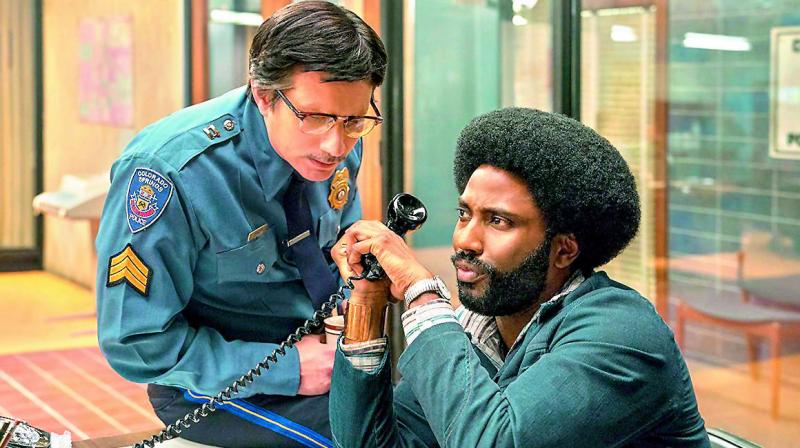Oscars play it safe and how

The staggering variety of films nominated for the Oscars this year cannot mask the fact that much of what is considered to be Oscar-worthy is plainly a concession to tokenism. What else explains the nomination of the all-Black comic-book spectacle Black Panther for Best Picture? It’s akin to nominating Simmba for Best Picture at the Filmfare awards, just to pepper the list with populism.
The ‘Black’ element recurs in another nomination under the same category, namely BlacKkKlansman. A grossly overrated racist drama, the film’s self righteous tone of black-power aggression makes all the White characters look nerdy, moronic and uneducated. It is, of course, wonderful to see racism being inverted on its head. But the daring flip doesn’t make this an outstanding film, and certainly not one that is Oscar-worthy.
Contrastingly, the Oscar nod for the wonderful Viggo Mortensen as the racist, White chauffeur to a Black snob in Green Book is richly deserved. It must have come as a huge relief for the actor who was threatened with boycott for using the ‘N’ word for the Black African at a promotional event for the film.
Actually, the call to boycott Mortensen was somewhat ludicrous given that both, Green Book and BlacKkKlansman, are set in a time when Black Africans were openly referred to by the ‘N’ word. When Mortensen drew attention to that culture of racism by using the same word, he was held guilty of racism.
Cinema that refers to class-gender-race differences, generally rule the Oscar nominations. Netflix’s Roma which is about a Mexican house-help’s slender, yet strong, relationship with her employers gets Oscar nominations for Best Picture, Best Director and Best Actress. This again, is an exaggerated, over-effusive response to politically correct cinema that shows the house help as the pillar of strength and sustenance.
It is difficult to understand why Yalitza Aparacio, who plays the lead in the film, gets an Oscar nomination. Being natural before the camera comes from her complete ignorance about the craft of acting.
Besides that, there is little to suggest there is anything great in her performance. Even Glenn Close, another Best Actress nominee, comes across as limp and inadequate in The Wife where she plays the neglected, shortchanged, wife of a Nobel winning author whose books she ghost writes.
Obliterating Bradley Cooper’s name from the Best Director’s nominations is unforgivable. In his maiden attempt at direction in A Star is Born Cooper brought a kind of unhurried grace to the love that grows between an alcoholic, self-destructive singing superstar and his protégée. Does this snub mean remakes are not considered artistic enough while comic-book spinoffs are?
The Oscar nominations hold no real surprises. If we look at the Best Picture nominations, they scream for attention with their political correctness: three films about black heroes, one film about an alcoholic musician, a biopic about a gay rock musician (Rami Malek in Bohemian Rhapsody made the otherwise mediocre, flawed biopic, the Sanju from Hollywood so to say, tolerable), and a semi-fictional account of a housekeeper keeping the family together.
Where are films about normal people in normal situations in this list? Is crisis the only criterion for Oscar worthiness?
If Baele Street Could Talk, gets snubbed
Director Barry Jenkins’ If Beale Street Could Talk, has got three nominations for 91st Academy Awards. However, this still disappoints people because it did not get the nomination in the prestigious Best Picture category. While actress Regina King got the nomination in the Best Actress Catagory, the film also bagged nomination in the Best Original score and Best adapted screenplay category. Social media is abuzz with disappointments from fans who wanted the film to have nomination in the sought after catagory of Best Picture.

